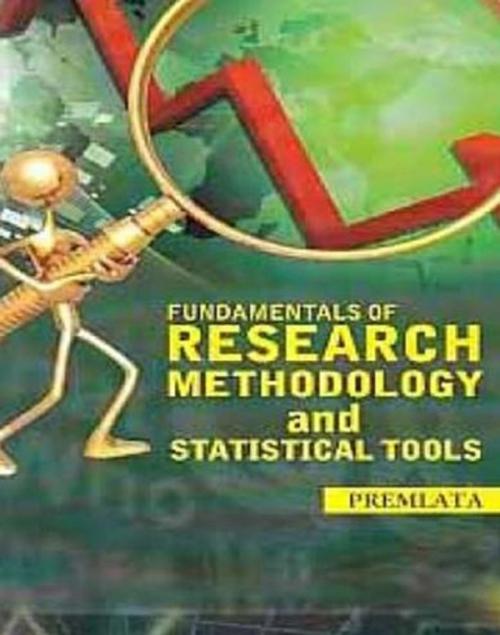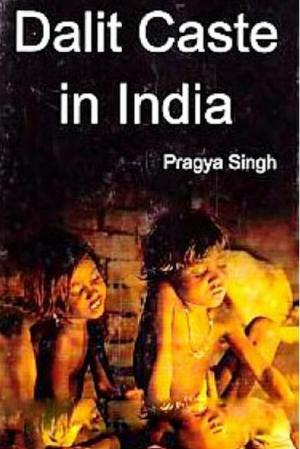Fundamentals Of Research Methodology And Statistical Tools
Nonfiction, Reference & Language, Education & Teaching, Teaching, Statistics| Author: | Premlata | ISBN: | 9789353140106 |
| Publisher: | Centrum Press | Publication: | June 30, 2014 |
| Imprint: | Centrum Press | Language: | English |
| Author: | Premlata |
| ISBN: | 9789353140106 |
| Publisher: | Centrum Press |
| Publication: | June 30, 2014 |
| Imprint: | Centrum Press |
| Language: | English |
The system of collecting data for research projects is known as research methodology. The data may be collected for either theoretical or practical research for example management research may be strategically conceptualized along with operational planning methods and change management. Probably many qualitative researchers have been criticised by critics who have claimed that their research it is too subjective, or the number of cases is too small, or that mere talking is never a scientific method, and so on. A multitude of different statistical tools is available, some of them simple, some complicated, and often very specific for certain purposes. In analytical work, the most important common operation is the comparison of data, or sets of data, to quantify accuracy (bias) and precision. A statistical hypothesis test is a method of making decisions using data, whether from a controlled experiment or an observational study (not controlled). In statistics, a result is called statistically significant if it is unlikely to have occurred by chance alone. This book re-examines this book in the Indian and abroad context and attempts to integrate participatory and rights-based concerns.
The system of collecting data for research projects is known as research methodology. The data may be collected for either theoretical or practical research for example management research may be strategically conceptualized along with operational planning methods and change management. Probably many qualitative researchers have been criticised by critics who have claimed that their research it is too subjective, or the number of cases is too small, or that mere talking is never a scientific method, and so on. A multitude of different statistical tools is available, some of them simple, some complicated, and often very specific for certain purposes. In analytical work, the most important common operation is the comparison of data, or sets of data, to quantify accuracy (bias) and precision. A statistical hypothesis test is a method of making decisions using data, whether from a controlled experiment or an observational study (not controlled). In statistics, a result is called statistically significant if it is unlikely to have occurred by chance alone. This book re-examines this book in the Indian and abroad context and attempts to integrate participatory and rights-based concerns.















